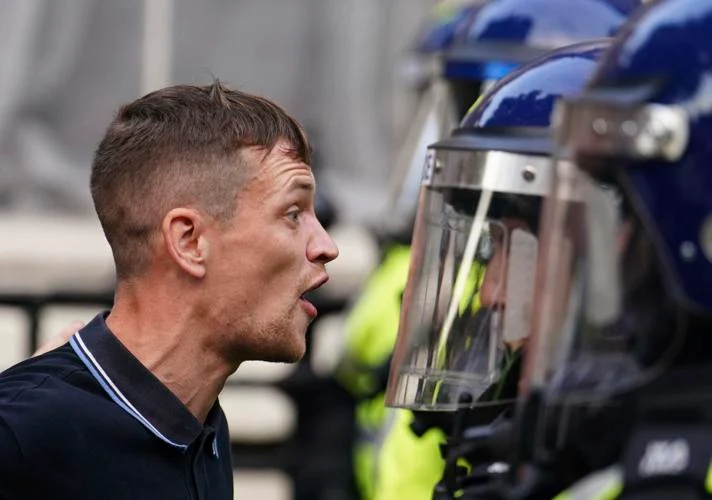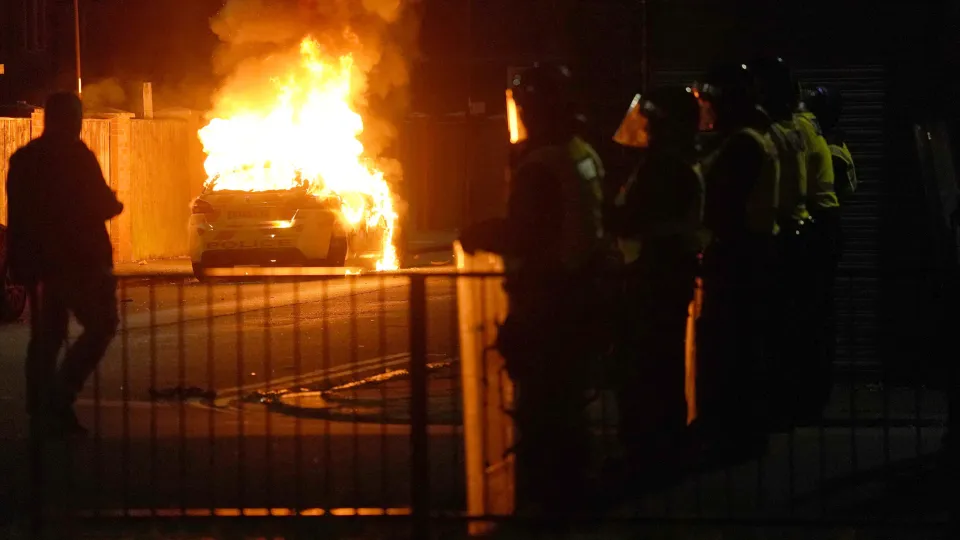London, UK
8th August, 2024.
In a strategic move to combat the escalating problem of far-right riots, UK police are turning to TikTok, the popular social media platform, to monitor and collect evidence of criminal activities. This initiative is part of a broader effort to integrate digital tools into modern policing, aiming to enhance public safety and enforce the law more effectively.
Social media platforms, especially TikTok, have become pivotal in contemporary law enforcement practices. With its vast user base and real-time content sharing, TikTok provides a unique vantage point for monitoring public events and identifying criminal behavior. The platform’s live-streaming feature has been particularly useful for capturing incidents during riots, where users often document and broadcast unfolding events.

UK police forces, including specialized regional crime units, are actively engaged in monitoring TikTok to gather evidence related to far-right riots. This involves analyzing user-generated content for instances of incitement, violent behavior, and other illegal activities. By leveraging TikTok’s real-time updates, law enforcement can obtain immediate evidence, which plays a crucial role in preventing further violence and prosecuting offenders.
Despite its advantages, the use of social media for evidence gathering presents several challenges. The vast volume of content available on TikTok can be overwhelming, making it difficult to sift through and identify relevant evidence. Additionally, there is a concern regarding privacy and the potential misuse of surveillance data. Distinguishing between genuine evidence and misleading or out-of-context footage requires careful and nuanced analysis.

The proactive approach to monitoring TikTok has already resulted in several arrests and the identification of key figures involved in the far-right riots. By tracking live streams and posts, police have been able to respond more quickly to emerging threats and gather essential evidence for legal actions. This method not only helps in managing public order but also acts as a deterrent to individuals considering participating in unlawful activities.
As digital landscapes evolve, so must law enforcement strategies. The UK police’s use of TikTok to monitor and collect evidence from far-right riots represents a significant advancement in modern policing. While there are challenges to address, such as content volume and privacy concerns, the potential benefits for public safety and legal accountability are considerable. This blend of traditional policing with advanced technology marks a progressive step towards more effective law enforcement.
Resources:
1.https://www.bbc.com/news/technology-66719572
2.https://www.bbc.co.uk/news/technology-66888029